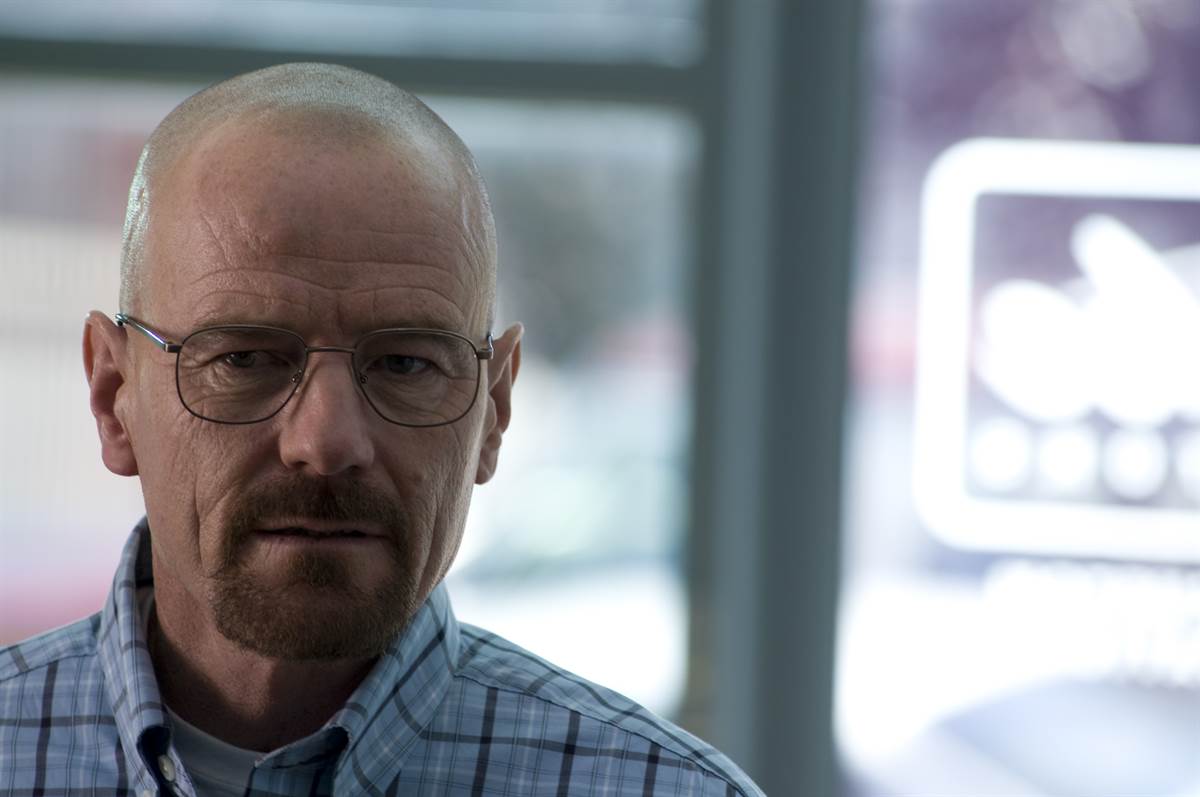
After concerns about his likeness being replicated in Sora 2 without his consent, Bryan Cranston appears to have reached a resolution with OpenAI following the incident. The "Breaking Bad" star initially voiced deep concern over the misuse, but now says he's encouraged by new safeguards OpenAI has implemented to prevent similar incidents in the future.
"I was deeply concerned not just for myself, but for all performers whose work and identity can be misused in this way. I am grateful to OpenAI for its policy and for improving its guardrails, and hope that they and all of the companies involved in this work respect our personal and professional right to manage replication of our voice and likeness," Cranston said in a statement shared via SAG-AFTRA.
"While from the start it was OpenAI's policy to require opt-in for the use of voice and likeness, OpenAI expressed regret for these unintentional generations," the statement read. "OpenAI has strengthened guardrails around replication of voice and likeness when individuals do not opt-in."
The actors' union said that Cranston's voice and likeness were able to be generated in "some outputs" during the initial, invite-only launch phase of Sora 2 several weeks ago, adding that the actor himself brought the issue to the union's attention.
"While from the start it was OpenAI's policy to require opt-in for the use of voice and likeness, OpenAI expressed regret for these unintentional generations. OpenAI has strengthened guardrails around replication of voice and likeness when individuals do not opt-in," SAG-AFTRA said in a joint statement issued Monday along with Open AI, the Association of Talent Agents, United Talent Agency, Creative Artists Agency.
SAG-AFTRA President Sean Astin spoke about the issue, saying, "Bryan Cranston is one of countless performers whose voice and likeness are in danger of massive misappropriation by replication technology. Bryan did the right thing by communicating with his union and his professional representatives to have the matter addressed. This particular case has a positive resolution. I'm glad that OpenAI has committed to using an opt-in protocol, where all artists have the ability to choose whether they wish to participate in the exploitation of their voice and likeness using A.I. This policy must be durable and I thank all of the stakeholders, including OpenAI for working together to have the appropriate protections enshrined in law. Simply put, opt-in protocols are the only way to do business and the NO FAKES Act will make us safer."
The No FAKES Act would ban the production and distribution of an unauthorized AI-generated replica of an individual using their likeness or voice, and require an individual's express consent for such replicas.
OpenAI CEO Sam Altman commented about the bill, which the company openly supports, saying, "OpenAI is deeply committed to protecting performers from the misappropriation of their voice and likeness. We were an early supporter of the NO FAKES Act when it was introduced last year, and will always stand behind the rights of performers."
Cranston's experience is part of a wider issue, as the estate of Martin Luther King Jr. also worked with OpenAI to remove unauthorized AI-generated images of King. Other public figures, including Fred Rogers, Tupac Shakur, and Kobe Bryant, have similarly appeared on Sora 2 without consent.
Tags: bryan cranston, openai, no fakes act
